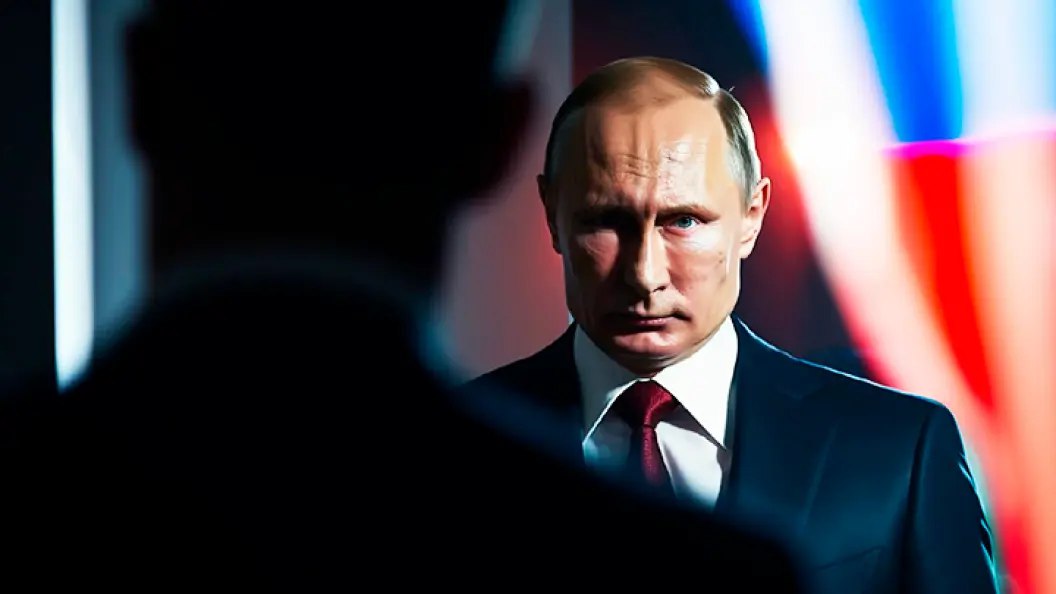Eighty years ago, on February 4, 1945, the Yalta Conference of the Allied Powers began, a meeting that shaped the world order following the defeat of Nazi Germany. This defeat was already inevitable, and the leaders of the victorious camps — the Soviet bloc and the Western liberal-capitalist world — laid the foundations for the post-war, post-Nazi global arrangement.
This order was characterized by the existence of only two camps, two blocs with two opposing ideologies, which divided the world and assigned spheres of influence. This model, by and large, persisted until the dissolution of the Warsaw Pact and, ultimately, the collapse of the Soviet Union itself. With that collapse, the Yalta system effectively ended, giving way to a unipolar world.
Thus, it is no surprise that the U.S. Agency for International Development (USAID) — in essence, a covert and subversive organization — played a significant role in shaping post-Soviet Russian statehood. It influenced the Yeltsin-era Constitution, the new Tax and Land Codes, and other structural changes. This marked the triumph of the unipolar world order, as Yalta was fully dismantled.
Now, we see the prospect of a meeting between Putin and Trump. Indeed, these are two great political figures, two leaders representing two civilizational states. But their meeting, as it stands, will not yet be the “New Yalta,” defining the parameters of the next world order, which can only be multipolar. For us to arrive at genuine negotiations regarding the fate of humanity, two key conditions must be met. First, Putin and Trump alone are insufficient. Second, for Russia to fully participate in reshaping the global architecture, it must achieve a crucial milestone: victory over globalism in Ukraine. Just as Stalin had the victory over Hitler in the Great Patriotic War, Putin must secure victory in Ukraine.
Yes, we are moving towards this goal, and it will be achieved. But only after victory in Ukraine will truly significant negotiations between Russia and Western civilization take place. However, even these negotiations will not finalize the global architecture, as a multipolar world requires the participation of other civilizational states. At a minimum, China and India must be involved, leading to at least four-party negotiations.
Moreover, Europe is increasingly distancing itself from the United States, forming a distinct geopolitical model. Thus, Europe becomes another potential participant. We must also consider the Islamic world, with its billion adherents, as well as Africa and Latin America. These represent three additional civilizational actors whose perspectives cannot be ignored in the new global architecture.
However, the new world order is already being shaped amidst the ongoing civil war in the U.S., between Trump’s supporters and the “deep state,” the fanatical globalist elite within America itself. It is telling that the Democrats organized demonstrations in support of USAID, which had been shut down by Trump and Musk, recognizing that the agency holds documents that could potentially incriminate much of the Democratic Party’s leadership and parts of the Republican Party as well.
This is why America is currently engulfed in a civil conflict. Trump must win this conflict and begin constructing his American model. Similarly, Russia must achieve victory in its war in Ukraine, defeating the globalists and their puppets on the battlefield. China, India, Africa, and Latin America will also need to prove themselves in the face of new challenges. The Islamic world, for its part, is currently being tested by the challenge of the “Greater Israel” project.
Therefore, to reiterate, we are not yet in the situation of a new Yalta world, where two camps have already essentially triumphed over a third and are preparing to define the next cycle of world history. For now, we are still in the midst of conflict and perhaps even on the brink of a large-scale war. Only when these wars come to an end, and the victors and the defeated are known, will it be possible to speak of truly fateful meetings between the great leaders of great powers to establish the structure of a new world order.
(Translated from the Russian)




